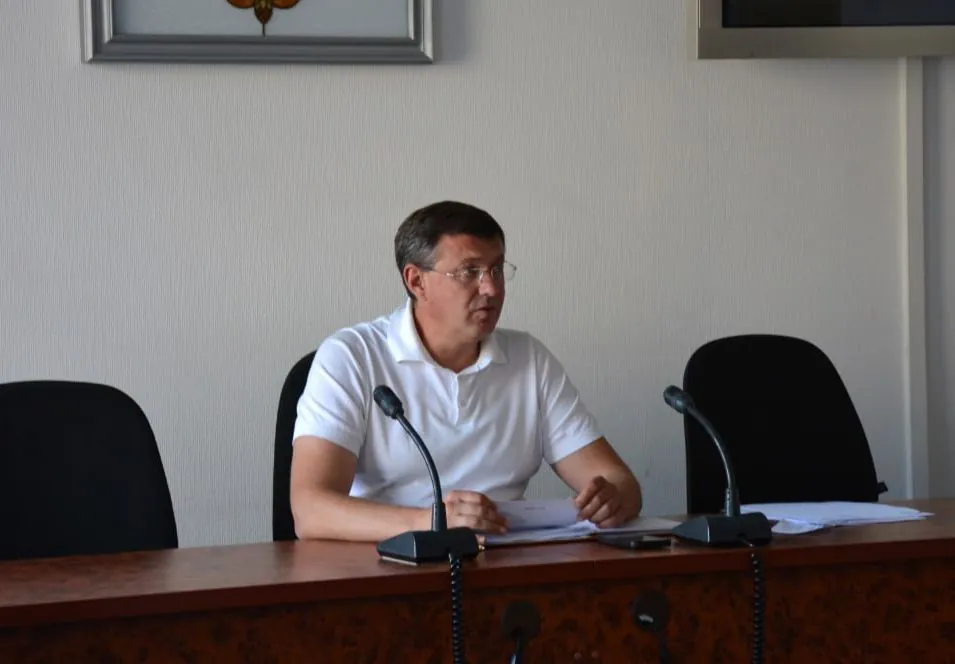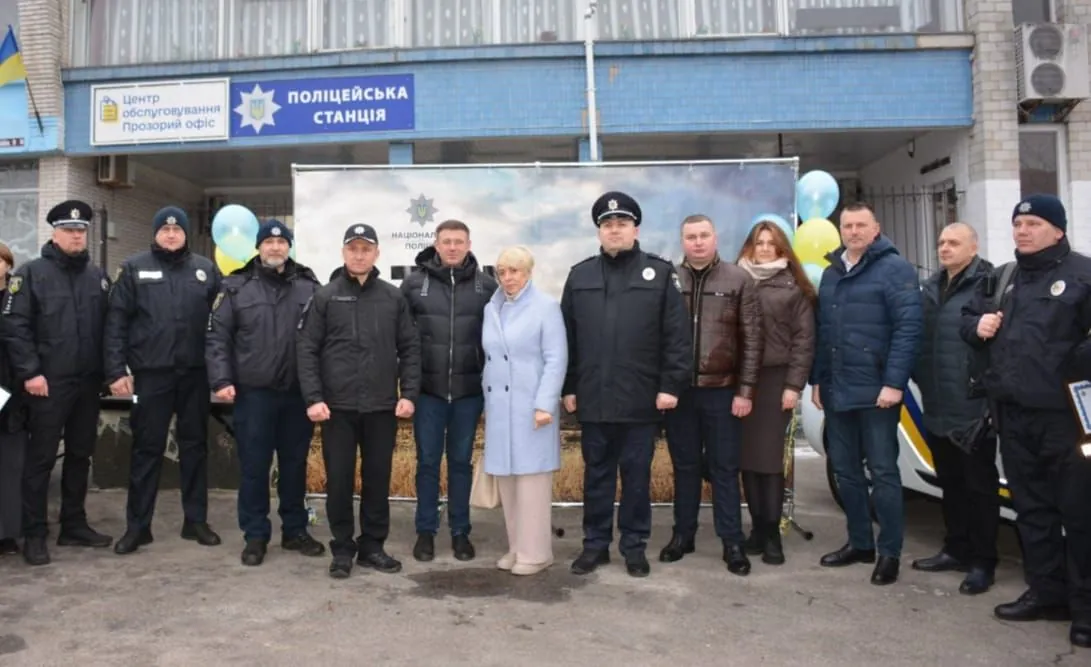Improving infrastructure and services for the population: how villages that became part of urban communities are developing in Kyiv Oblast
Kyiv • UNN
After the administrative reform, the villages that became part of the Brovary community received new opportunities for development. Medical, educational, and administrative services have improved, and new infrastructure has emerged.

Administrative reform in Ukraine, which ideally aimed to create capable communities, has faced numerous difficulties. In particular, this was due to the fact that many villages did not want to voluntarily join other settlements and thus lose their representative authorities. In addition, there were fears that as a result of the administrative reform, the needs of residents of small villages would be funded on a residual basis, UNN writes.
Such fears were especially prevalent among residents of villages that were incorporated into urban communities. And in this case, much depended on how the city authorities established communication with the surrounding villages and took their needs into account when planning the community budget.
Currently, almost 1,500 territorial communities have been formed in Ukraine, including 409 with centers in cities.
Despite the fact that the change in Ukraine's administrative structure was completed in 2020, experts are mostly hesitant to assess how successful and effective the reform was. At the same time, they agree that there are positive examples in Ukraine of communities developing evenly, and villages that have become part of urban communities receive enough resources to develop their infrastructure and improve the quality of medical, educational, administrative, and other services for the population.
For example, Taras Dobrivskyi, Executive Director of the Association of Amalgamated Territorial Communities , believesthat it is too early to assess the results of the administrative reform, as its implementation and the decentralization process in Ukraine have been strongly influenced by the coronavirus pandemic, the full-scale Russian invasion and martial law. At the same time, we can still talk about certain dynamics of increasing the provision of quality services, meeting the needs of community residents, and developing rural areas.
At the same time, Ihor Koliushko, head of the Center of Policy and Legal Reform, notes that the ambitions of village heads often hindered the normal process of villages joining urban communities and their further development.
"They are the heads of rural communities, and they benefit the most from a situation where the village is very close to the city, but not included in the urban territorial community. This leads to the fact that there is expensive land in the city, they want to build cottages there, and so on, but all this is not managed by the city, but by the village head and the village council, which is usually very strongly politically affiliated with the head, that is, generally dependent on the head," explained an expert in a comment to UNN.
However, where cities had sufficient resources and found mutual understanding with the surrounding villages, this definitely played in favor of the development of the entire community.
"The consequences of the administrative reform for villages that have been incorporated into urban communities can be assessed differently, depending on what kind of community it is. If it is capable and successful, then the accession of surrounding villages to it has given their residents additional access to medical, educational, administrative and other infrastructure. There are positive examples of such associations in Ukraine, although, unfortunately, there are not very many of them," Ruslan Bortnyk, a political scientist, told UNN.
A vivid example of successful cooperation between the city and surrounding villages is the Brovary community, which, in addition to Brovary, includes the villages of Kniazhychi, Trebukhiv and Peremozhets (from 19.09.2024 - Sotnytske).
In an exclusive interview with UNN, Brovary Mayor Ihor Sapozhko recalled that the villages that became part of the community initially faced many problems. In particular, Trebukhiv could not adopt a budget for three years in a row. The village was not developing, problems had been accumulating for years, and they had to be solved. In Knyazhychi, we had to close the school in winter because of the low temperature and quickly resolve the issue with the boiler room.

"These are completely different communities. We have starostas there who express people's opinions, which we listen to, and also make suggestions for the development of these settlements.
We don't have a situation where the city lives its own life and forgets about the three villages that have joined it. They are definitely members of a single community, members of a single family, and I believe that we should develop together," said Ihor Sapozhko.
The villagers confirm the mayor's words and note that joining the Brovary community was the right decision, as more dynamic development has begun, which is evident in terms of improvement, healthcare, education, and administrative services.
According to Andriy Tsakhlo, the head of the village of Trebukhiv, a permanent emergency medical team with a car has appeared in the village, the village lyceum has two school buses, and the situation with street lighting has improved significantly.

Knyazhychi village starosta Artem Moroz adds that this year a substantial amount of money was allocated for repairs in the village's educational institutions, a police station was opened only after the amalgamation, and a new modern family-type medical outpatient clinic is planned to be built in Knyazhychi.
Both starostas note that the full-scale Russian invasion prevented the realization of many ambitious plans, but they will definitely be implemented after the victory.